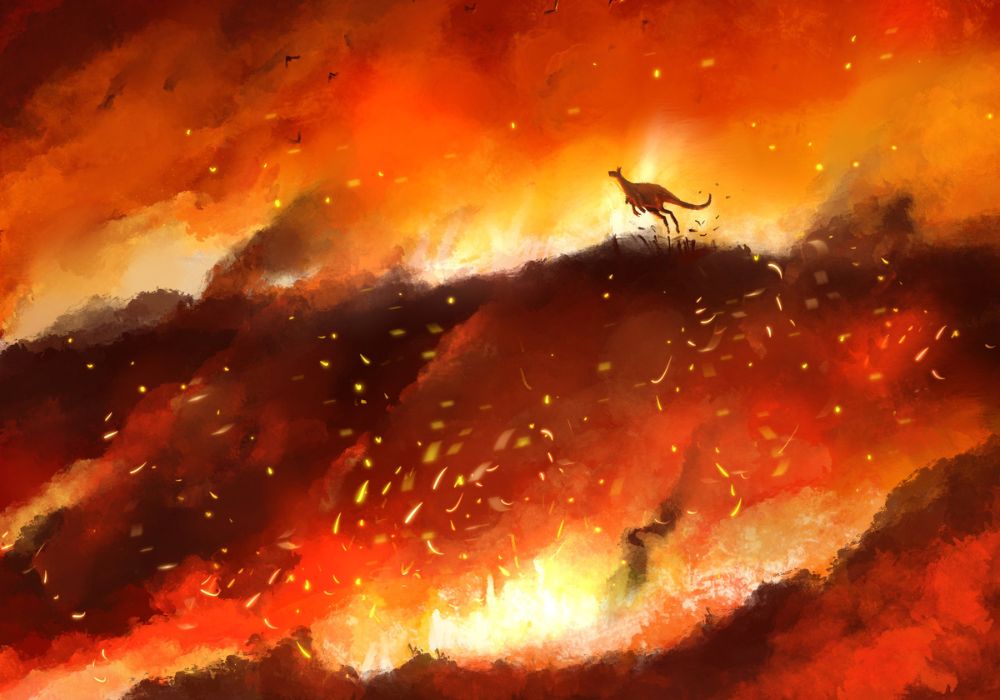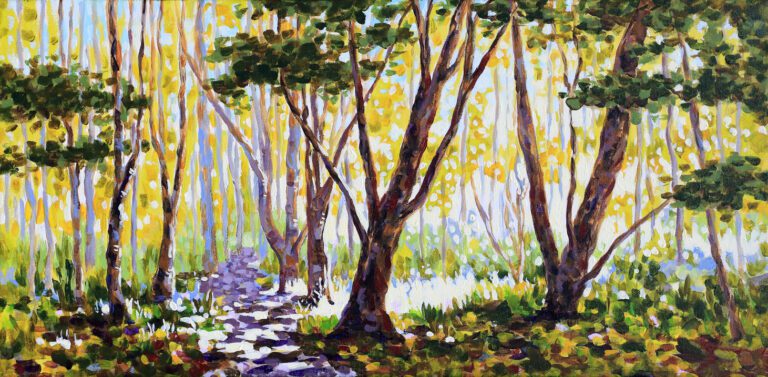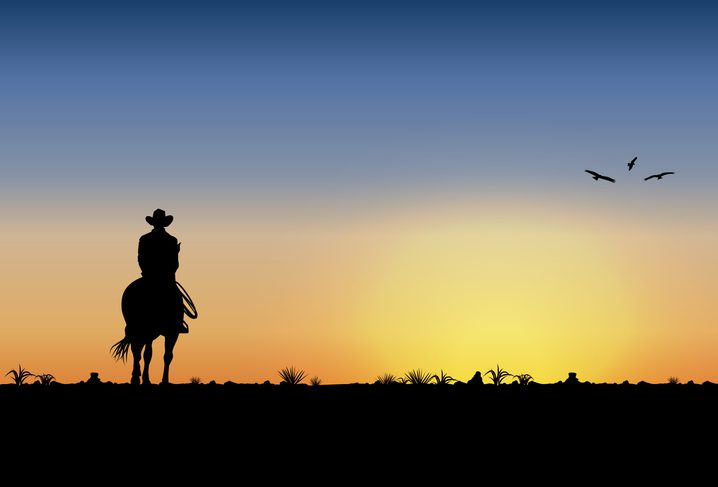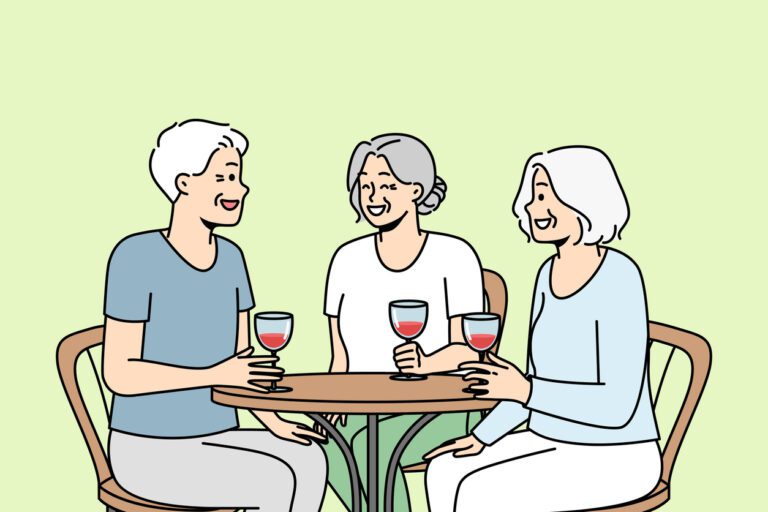The noise came first, pulling me from darkness, deepening sleep, the sanctuary of dream time. Sounds of timber splitting, the roar of fire and the sounds of windows exploding, shattering in the background. Then I heard sirens screaming, the fire trucks. My homestead was blistering, buckling, falling in on me through the silence of night. A reality taking me from one world to another, the sensory disorientation of sleep becoming wakeful terror within seconds. And dense, choking smoke was filling my lungs as I struggled for air, while around me rising heat crept from walls and through door jambs, searing what breath I could muster in those first wakeful moments.
I was moving between two worlds where everything whole, intact, and safe was being blown apart, taken down in seconds. I had a fire plan on the chance it could reach me, but there was no time for that now. Gasping pockets of air, fully awake, I threw back sheets, grabbing wallet, phone and keys and I leapt from the window into flaming darkness. It was the night the fires came. The night they said they would.
Safe at water’s edge, smoke swallowed up the sky, out across the bay the heavens devoured life. Black plumes shot skyward from an infernal blaze. I watched from afar flames roar and clap. The hills were alight in a firestorm of fury running like rivers through rolling grasslands, embers leaping, igniting the sky. Everything was burning … burning … burning. My home ablaze, my acreage and those surrounding it. Crops, birdlife and fauna were being swept from the arms of the land. A whole ecosystem was catastrophically extinguished and daybreak became dark as night. From where I stood, where the land met the water, the sky rained down on me. Grey showers of ash.
I was in denial when the warnings had come. Disaster never touched the Campbell family. Through all our generations, the fires never reached us. But like all old fools, I’d been proven wrong, the cost now insurmountable.
Who the hell was I to think I was beyond tragedy? My wife had moved on recently; wasn’t that the telling of luck running out, of tides turning?
My father built our home high on the hill over 100 years ago. Fireguards were in place, but the water pumps were antiquated. I knew that now. My ageing body is tired and worn. Property upgrades and maintenance were no older man’s game; they were long overdue. On the night of the call to leave, I decided to stay. I had myself to blame for this now, the onslaught of guilt crippling me. You can’t undo fire – there’d be nothing for the kids.
Our family heritage, legacy, wiped out.
Looking across at the destruction, taking in the scene, my mind ran a gamut with what was ahead. My insurance; would I be covered? I couldn’t envisage trying to sort it. As I headed away from the river on foot across a stretch of land untouched by fire, I thought no amount of money would bring back this loss.
Like all other fire victims in a state of disorientation and despair, I sought shelter at the Rec Centre on the other side of town. I hitched a ride from the highway, finding other survivors along the way. A loner amongst locals, farming families, holidaymakers and fire crew also needing rest and refuge. Many lost their own homes through the night. Their exhausted, soot-smeared faces telling how they had risked it all saving our lives, our homes.
As I stood in line to register my personal details with Red Cross volunteers, shock made itself known; nausea engulfing me in waves, fatigue setting in as the charge of adrenaline began to taper off. Suddenly, I was aware of pain running from my right hip to knee. It must have been from the jump, diving from the window. It seemed like days ago. I was 12 hours in from the moment of my escape.
Next in queue, I reached into my jeans pocket for my wallet and discovered it was gone. Medicare, bank cards, pensioner concession card, driver licence, cash, lucky coin, and family photo. A quick frisk down my body and it became clear it must have fallen during the jump, the scramble to the dam, or my rush to the river crossing. I came across the keys for my home, garage, machinery, and grain store sheds. As I offered details, it hit me; they’d never be needed or used again.
In time, some order in the chaos and small blessings of food and water. Later a welcome shower and donated clean clothes. We gathered as refugees of fire, on chairs and on foot, hot drinks or water bottles in hand, all dazed faces of disbelief. We exchanged names, sat, and stood together as a community trying to make sense of things. In the distance, media reporters and camera crew began arriving.
“I’m John Campbell,” I said to strangers as handshakes and awkward smiles were offered. As the days unfolded, we built camaraderie in desolate times, men and women swapping stories of loss, of making phone calls, of saying goodbye. Some having fled farms, others deciding to stay and fight the fury. I wish I’d had the chance. Humour amidst the gravity caught me off guard. Australian larrikinism forging mateships, faces eased of anguish for the briefest of moments. We were bonding in both grief and hope, common humanity as we waited for news. And I listened as some spoke of rebuilding, while others quietly cried.
I heard from a local, “Out on the roads; I couldn’t see more than a car length ahead.” And then, “It was like fireworks night, only the horizon really was alight.”
My neighbour Jim spoke with resignation, “We battle on. It’s the Australian way.” His wife added, “We are lucky, Jim; we have each other.”
Even the firies joined us, many having not slept in over 24 hours. They had their own stories of hell to relay, like the one about the fire truck destroyed; its tyres had melted by the flames and searing heat; the crew stranded inside. And the wall of grief crashed over me again. Inconceivable. They had no chance. The unthinkable. To have been burnt alive.
On the day of our return, nothing was recognisable. Clad in protective clothing and face masks, given clearance by the emergency services, we left our shelter for the past four days in utes and four-wheel drives. We began our walk down roads where our homes had stood. Reporters and camera crew following behind.
Out here, tree trunks were dead matchsticks butted into earth’s landscape of loss. Once gathered in the early light, cockatoo and kangaroo now lay cast across scorched grasses, lifeless and charred, soft white feathers and grey fur the colour of coal. Now the ghostly quiet of burnt land, once alive with the sounds of nature, its chorus of birdsong, snuffed out. Koalas found perished, clinging to dead tree limbs. Ash-coated gravel, woven through a graveyard of ruin, the colourscape, gone. Even the blueness of the sky had been taken from us. Instead, a smoke-shrouded veil hung above, burning eyes and lungs. Soot, and ash still everywhere.
***
On foot, trepidation and resignation filled each of us. We could scan ahead and see all was gone; most tree canopies once obscuring our homes from the roadside, now extinguished. Before us, blackness was everywhere. Curving bitumen with strewn debris, the burnt-out shells of cars. Homestead upon homestead burnt to the ground, just rubble in ruin. A war zone.
We gathered together, united in our grief. Something about loss being shared brought comfort, unity. A neighbour up ahead began singing True Blue, reaching for the hand of a stranger walking beside her. Soon, a human chain of hands in link walked together, bonded in loss – the Australian spirit of resilience rising through despair.
When I reached it, I saw the wreckage left of the house my father had built, my childhood home, the home where I raised my children: a mound of black ruin. Timber verandah, doorways, flooring, eaves, rafters and the staircase. Nothing but burnt wreckage, cinders, and soot. I stepped through debris, trying to decipher what were once rooms. All solid structures were destroyed; pieces of tin roofing lay as wreckage, molten and twisted. A single charred iron gate was all that remained standing; a stark-looking remnant, where once it stood stately, welcoming family and friends. In the backyard, a brick garden wall forged by my grandfather’s bare hands well over a century before, now lay crumbled. Collapsed from the weight of a burnt-out tree.
With a hammering heart, I sifted rubble for objects, photos, items, memories, any remnant of my life, mindful of hidden smouldering coals. A twisted metal saucepan, its handle melted, lay discarded in the dirt. Slowly, I moved through the charred remains of rooms now fallen, gone. Piecing together what was, remembering. After what seemed like hours of combing, the realisation dawned. There was nothing I could salvage. There were no photos, paintings, home movie reels, silverware, or war medals. No personal mementos of any description to hold on to, to link my life to now. I had nothing but the clothes I had escaped in and a set of keys.
Turning and heading back to the roadside, I glimpsed silver metal among the ashes, stopping to lift it from the soot. A tin spoon from a tea caddy once belonging to my grandmother. I am a father, soon to be a grandfather. Just as I was grandson, son, brother, boy, then man – and husband, always of the land. I am now a solitary man, and at 70 years of age, how do I rebuild and start again? How do I recover? And in that first moment of true release, I dropped to my knees, tears finally falling.
Today’s newspaper front-page story reads, ‘Australia is Burning’. A journalist writes, “This fire, one of many taking lives and livelihoods – a catastrophe of land, home, and heart. In the aftermath, husbands and fathers have been taken from their wives and children; firefighters burnt alive in the line of duty. Homes, farms, and machinery have been extinguished in minutes; livestock, pets and wildlife killed – caught in the floodlights of fire’s fury; nowhere to hide. A town once united, is now a community in mourning, disorientated and displaced, the trauma of human suffering and loss blackening everything.”
We are gathered back at the Rec Centre and I can still hear the sirens, feel the wall of fear, see the wall of flames. And the rivers don’t run, and everything is dry, and the birds, the wildlife, the sounds of the bush have gone. There is too much pain on everyone’s face from the loss. Australia is burning and I think to myself, is anyone listening? Shaking my head in despair, I say to those beside me, “It never happened in my father’s day, nor my grandfathers, these so-called supercharged fires from climate change.” There are murmurings around me.
Jim from the back calls out, “We’ve battled the land through generations; it’s only right we stay; it’s what our forefathers would have done.”
A local farmer speaks next: “We could rebuild as a community, through the Bushfire Resilience Program. We’d be bigger and stronger doing it together, and the new constructs would help safeguard our future.”
Standing with a sense of urgency, I can’t help myself, “How do we begin?”
With those words, Jim is beside me, his arm around my shoulder, as he says the words, “Right here, together, John.” Then he adds, “Fair dinkum, it’s what neighbours and mates do. It’s why we call ourselves Australian.”
About the Author
Jennifer Jane Curtis is a West Australian writer with a passion for words and how they make people feel. She writes poetry and short stories and enjoys writing about Australiana, nostalgia, the human condition, and adversity. A member of the Karrinyup Writers Club, she loves spending time with her first-born grandchild, browsing op shops, creating fabulous food, meeting up with family and friends, and writing.







